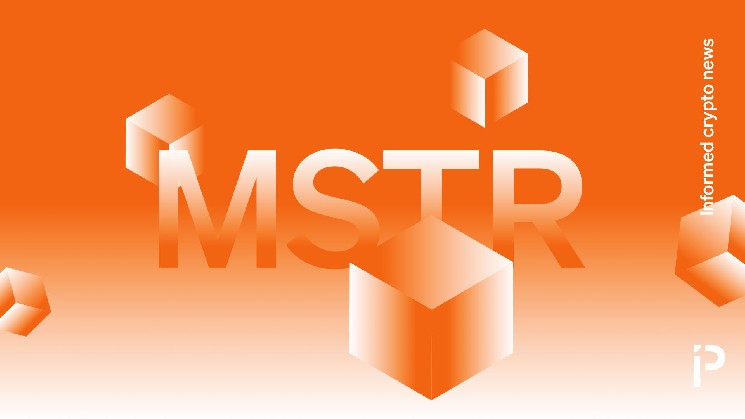
Strategy (formerly MicroStrategy) diluted common shareholders by $54.4 million last week, yet the company managed to buy just $45.6 million worth of bitcoin (BTC). That 183,501 extra shares of MSTR accreted far less than 84% of those proceeds to the company’s treasury. In fact, the company bought 34% less BTC than the total proceeds to the company from its dilution of both common and preferred shareholders of $69.5 million. Specifically, the company sold $8.4 million of its 10% yielding STRF, $4.4 million of its 8% yielding STRK, $2.3 million of its 10% yielding STRD, and $54.4 million of its 0% yielding MSTR. Because Strategy sold $15.1 million worth of these preferred shares, those sales haven’t only the consequences of dilution but will also require ongoing dividend payments forever. Because the company earns minimal profit from its software business and plans to pay generous dividends in perpetuity, management has repeatedly guided that it may pay dividends through future dilution. Read more: MSTR down $8B this quarter despite inflows from global institutions Strategy bought 34% less BTC than it diluted last week Embarrassingly, the company sold $0 of the class of preferred shares that it has been heavily marketing as its top offering that could provide a “comfortable retirement” to 1 billion people: STRC. Despite pulling STRC front and center on its quarterly earnings and founder Michael Saylor repeatedly claiming that its 10.5% dividend outcompetes with bank or money-market interest rates, the company sold $0 worth of STRC last week. In total, the market capitalization of STRC is just 3% of Strategy’s enterprise value. In other words, 97% of the company’s success has come from pitching investors securities that aren’t STRC. Strategy has funded the vast majority of its BTC purchases from diluting MSTR and briefly promised that it would stop diluting shareholders at less than a 150% premium to its BTC holdings. However, it reneged on that promise and continued. Even by Saylor’s own admission, Strategy’s enterprise value is only 33% higher than its BTC holdings today. Beyond its perpetual dividend payments, the company also has significant debt servicing and other operational expenses. Over the trailing 12-month reporting period, the company spent about $35 million to its corporate bondholders and $278 million on Selling, General, and Administrative operating expenses.
Ripple Holders Refuse to Sell in $1B Tender Offer
1 hour ago
Stellar (XLM) Rebounded and Seeks Stability Amid Market Fall
1 hour ago
Here’s What Happens To The Dogecoin Price After The Consolidation Phase Ends
1 hour ago
Grayscale Officially Recognizes Shiba Inu — $SHIB Joins FTSE Grayscale’s “Consumer & Culture” Crypto Sector
1 hour ago
Btrust Names Bitcoin Core Contributor Abubakar Nur Khalil as New CEO
1 hour ago
Ripple Acquires Crypto Wallet Firm Palisade to Expand Institutional Payments Business
1 hour ago